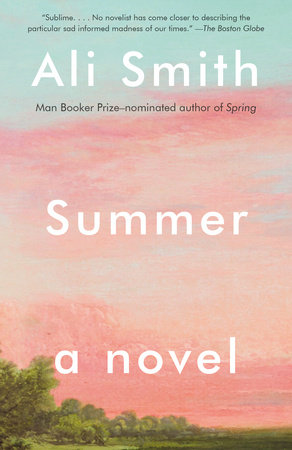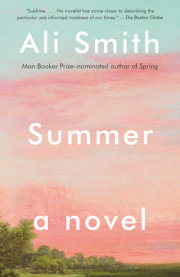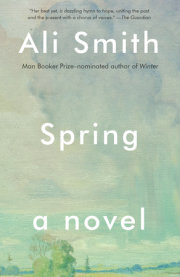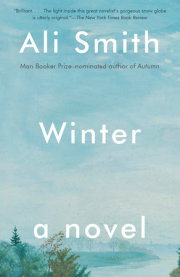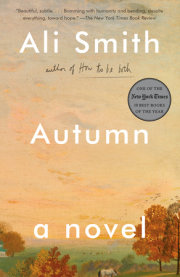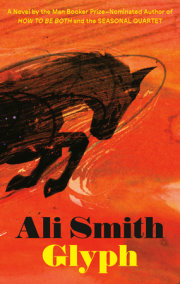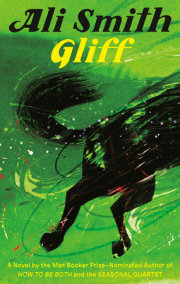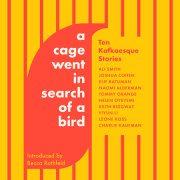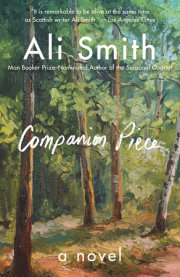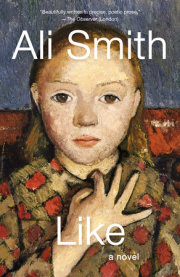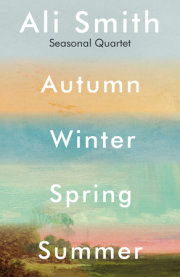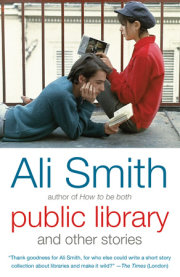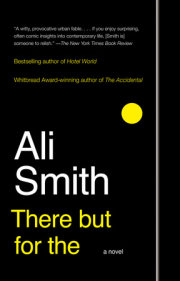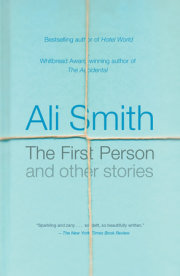Everybody said: so? As in
so what? As in
shoulder shrug, or
what do you expect me to do about it? or
I so don’t really give a fuck, or
actually I approve of it, it’s fine by me. Okay, not everybody said it. I’m speaking colloquially, like in that phrase
everybody’s doing it. What I mean is, it was a clear marker, just then, of that particular time; a kind of litmus, this dismissive note. It got fashionable around then to act like you didn’t care. It got fashionable, too, to insist the people who did care, or said they cared, were either hopeless losers or were just showing off.
It’s like a lifetime ago.
But it isn’t – it’s literally only a few months since a time when people who’d lived in this country all their lives or most of their lives started to get arrested and threatened with deportation or deported:
so? And when a government shut down its own parliament because it couldn’t get the result it wanted:
so? When so many people voted people into power who looked them straight in the eye and lied to them:
so? When a continent burned and another melted:
so? When people in power across the world started picking off groups of people by religion, ethnicity, sexuality, intellectual or political dissent:
so? But no. True. Not everybody said it.
Not by a country mile.
Millions of people didn’t say it.
Millions and millions, all across the country and all across the world, saw the lying, and the mistreatments of people and the planet, and were vocal about it, on marches, in protests, by writing, by voting, by talking, by activism, on the radio, on TV, via social media, tweet after tweet, page after page.
To which the people who knew the power of saying
so? said, on the radio, on TV, via social media, tweet after tweet, page after page:
so? I mean, I could spend my whole life listing things about, and talking about, and demonstrating with sources and graphs and examples and statistics, what history’s made it clear happens when we’re indifferent, and what the consequences are of the political cultivation of indifference, which whoever wants to disavow will dismiss in an instant with their own punchy little
so? So.
Instead, here’s something I once saw.
It’s an image from a film made in the UK roughly seventy years ago, not long after the end of the Second World War.
The film was made in London by a young artist who arrived in the city from Italy when London was one of the many places having to rebuild themselves in those years nearly a lifetime ago, after the tens of millions of people of all ages all across the world had died before their time.
It’s an image of a man carrying two suitcases.
He’s a slight man, a young man, a distracted and tentative kind of a man, dapper in a hat and jacket, light on his feet but at the same time burdened; it’s clear he’d be burdened even if he wasn’t carrying two suitcases. He is grave, slim, preoccupied, terribly keen, and he is silhouetted against the sky because he’s balanced on a very narrow brick ledge which runs round the edge of a high building, along the length of which he’s doing a joyous and frantic dance with the beaten-up rooftops of London behind him; no: more precisely, those roofs are way below him.
How can he be going so fast and not fall off the edge of the building?
How can what he’s doing be so wild and still so graceful, so urgent and blithe both at once?
How can he be swinging those cases around in the air like that and still keep his balance? How can he be moving at such speed next to the sheer drop?
Why is he risking everything?
There’d be no point in showing you a still or a photo of this. It’s very much a moving image.
For several seconds he does a crazed but merry high-wire dance above the city going far too fast along the zigzagging path of a ledge that’s the width of a single brick.
So:
Copyright © 2020 by Ali Smith. All rights reserved. No part of this excerpt may be reproduced or reprinted without permission in writing from the publisher.

